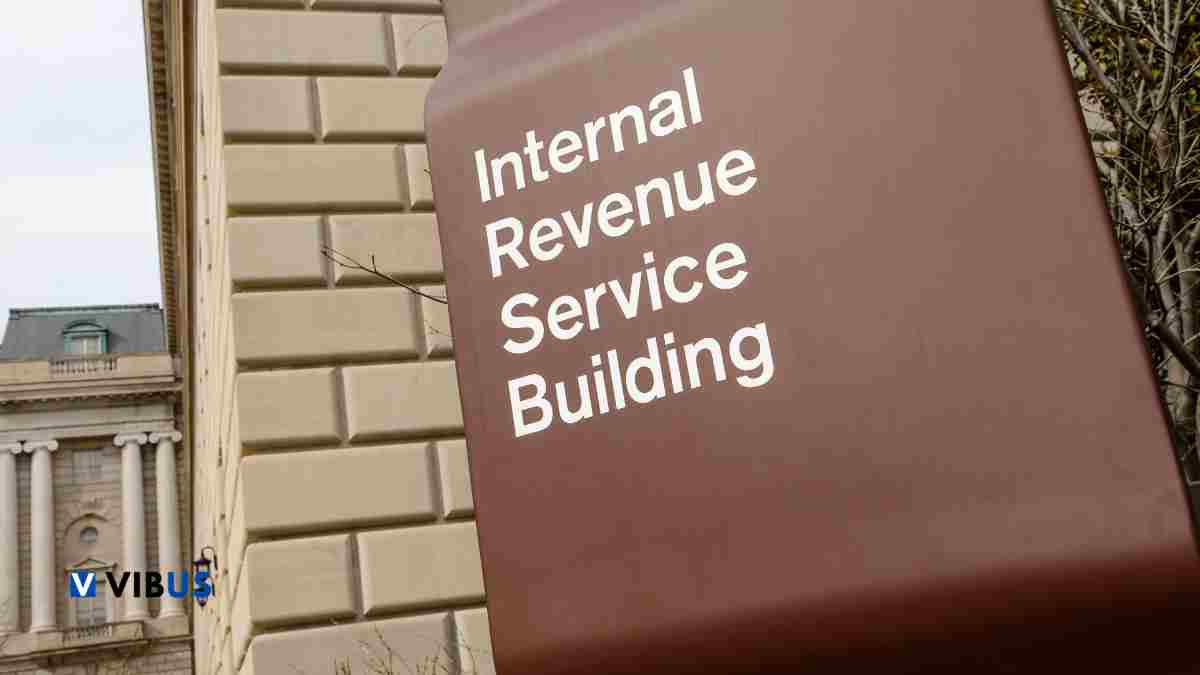The IRS defines a levy as the legal seizure of property to satisfy a tax debt. This process can impact various assets, including wages, bank balances, and physical properties such as vehicles and real estate. The goal is to cover unpaid tax obligations.
The 2024 tax season wrapped up in mid-April, marking an important period for those who filed their tax returns on time. By now, most people should have received their refunds.
What is a levy according to the IRS?
One of the first indicators that you might be at risk of a levy is receiving an official communication from the IRS, specifically the notice “Final Notice of Intent to Levy and Notice of Your Right to a Hearing.”
This document serves as a call to action; it’s crucial to contact the IRS immediately to understand your options and potentially prevent the levy from proceeding.
However, there are instances where, despite meeting all the requirements, the refund hasn’t been issued. The reason? Potential levies on the taxpayer’s assets. Let’s delve into what a levy entails and the circumstances under which the Internal Revenue Service (IRS) might take such action.
Compensation of refunds to settle debts
Through the debt offset program managed by the Treasury Offset Program (TOP), the IRS can partially or fully withhold your tax refund to settle various debts. These include, but are not limited to, overdue federal taxes, student loan debts, state tax obligations, child support arrears, and spousal compensation.
If the TOP decides to use part of your refund to settle a debt, you will receive a detailed notification by mail. This will include the original amount of the refund, the portion used to pay the debt, and the agency that received the payment.
If you disagree with this decision, it is important to contact the specified agency directly to resolve any discrepancies. The IRS will only intervene if the debt paid relates to federal taxes.
Protection for the non-responsible spouse
In cases where the refund is affected by debts solely attributable to one spouse, the other spouse can request a portion or all of the refund through Form 8379, known as the “Injured Spouse Allocation.”
This procedure is crucial for protecting the financial rights of the non-debtor spouse, ensuring they are not unfairly impacted by obligations that are not theirs.
Understanding the IRS’s levy and offset mechanisms is vital for properly managing your tax responsibilities and avoiding unpleasant surprises.
Proactivity, attention to official communications, and awareness of your rights as a taxpayer are essential tools for navigating tax season safely and effectively. If you find yourself in a complex situation regarding your tax return or refund, consider seeking professional advice to clarify your doubts and take the appropriate measures. The 2024 tax season may have ended, but managing your tax obligations is an ongoing and essential process for your financial health.
